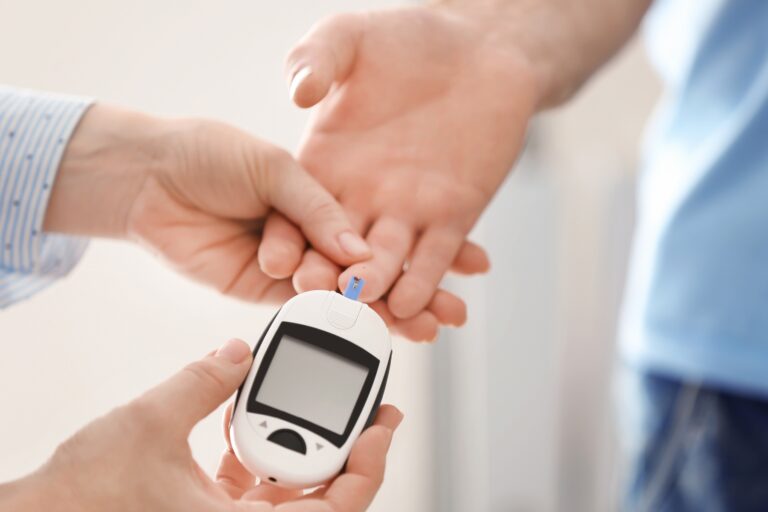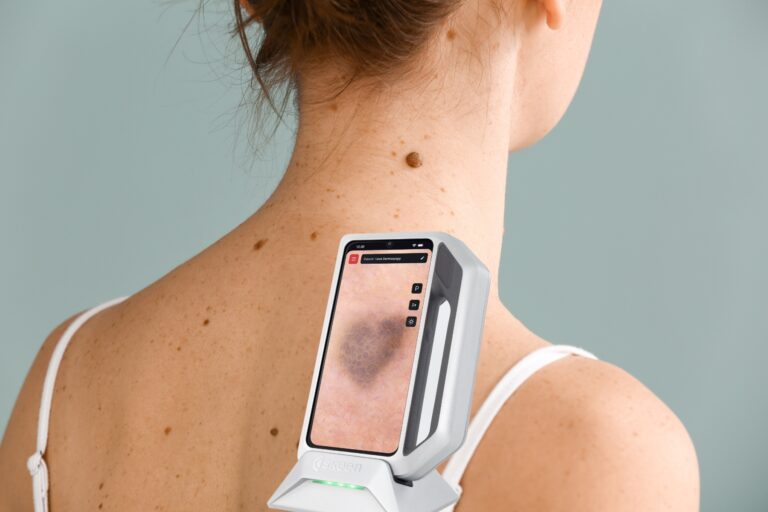What does a diabetes specialist do?
Diabetes, which may have several contributing factors including, but not limited to, ageing, genetic makeup, obesity, leading a sedentary lifestyle, and poor eating habits. Uncontrolled diabetes may incite a number of serious complications such as kidney, eye or cardiovascular problems, damaging of the nervous system, ulcers and abscesses. If diabetes is diagnosed at its early stages, complications can be prevented, or controlled.
Diabetologists
Related Services
When To See a Diabetologist?
If you have a family history of diabetes, meaning one or more family members have been diagnosed with diabetes. Also if you have gained weight recently, have high blood pressure or cholesterol, you could be at higher risk for pre-diabetes or diabetes. It is also important to know that having irregular periods can be linked to insulin resistance. Diabetologist consultations are typically recommended by a patient’s primary care physician in response to either heightened risk factors for cardiovascular and metabolic disease or symptoms that indicate it may already be present. It can also be recommended by a gynecologist in case of irregular periods or elevated blood sugar levels during pregnancy. Issues that your doctor may recommend a consultation with a diabetes specialist to evaluate your risk for insulins resistance, pre-diabetes or diabetes include:- Signs and symptoms of diabetes, which often develop slowly:
- Increased thirst
- Frequent urination
- Increased hunger
- Unintended weight loss or inability to lose weight
- Fatigue
- Change in vision
- Slow-healing sores
- Frequent infections
- Elevated fasting blood sugar – is the result of a blood sample taken after a patient fasts for at least eight hours. A normal fasting blood sugar level for someone without diabetes is less than 100 mg/dL or 5.5 mmol/l.
- Elevated hemoglobinA1c – This test is a common blood test used to diagnose and monitor diabetes. The test result reflects your average blood sugar level for the past two to three months. For someone who doesn’t have diabetes, a normal A1C level is below 5.7 %.
What To Expect?
Your first diabetes specialist appointment will usually last up to an hour. You will be asked both general health questions and some more specific questions related to the reason for your visit. A physical examination follows, and if necessary the doctor might arrange for further testing. The diabetologist might prescribe medication or provide your primary care provider with recommendations. In other situations, you may be admitted to a hospital or referred to other specialists.What To Bring?
Some information is absolutely essential for any diabetolgist appointment, and you should be prepared to take notes. It’s helpful to have everything well-organized in a folder so that your doctor can make the most accurate assessment possible. Key information to have on hand includes:- A list of your medicines, or the medications themselves. You may even want to throw them in a seal-able bag and bring them along. It is important to include a list any vitamins or supplements you may be taking. Include any medications prescribed within the past year, even if you no longer take them.
- Family medical history. Your family history is filled with important clues, so be thorough, especially including what you might know about instances of high cholesterol, diabetes, heart disease, and high blood pressure among your close relatives.
- Your own medical history. List your surgeries, along with medical procedures, including diagnostic work-ups such as MRIs and lab reports.
- A list of all your healthcare providers. This should include any that you are currently seeing or have visited in the last two years. Dentists, chiropractors, and natural-healing practitioners are all worth mentioning.
- Your own questions. If you have some idea why you’re seeing a diabetolgist, do some research to learn about it. Use sites such as the American Diabetes Association, the Centers for Disease Control and Prevention, and the National Institutes of Health, and write down questions about anything that is unclear to you.
Tests Your Diabetologist May Recommend
- Visit with nutritionist to asses eating habits and to help change dietary lifestyle
- Cardiology examination if other cardiovascular disease or risk factors are present
- Eye exam to rule out diabetic retinopathy. which is any damage to the retina of the eyes, which may cause vision impairment.
- Neurological examination to rule out diabetic neuropathy
- Carotid duplex ultrasound to asses atherosclerosis
- Laboratory testing






